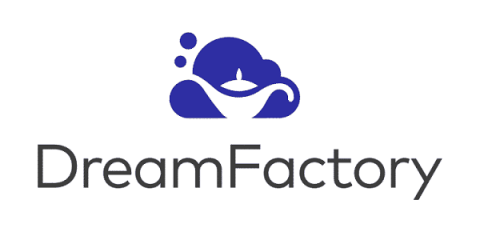7 Habits of Effective API and Service Management
Organizations face many challenges every day, and every day new challenges emerge. You have the day-to-day obstacles to overcome and then there is new twist. Today, the biggest challenge emerging on the market is how to adopt and implement effective API and service management habits. The number of APIs and services a company uses is growing exponentially every day, managing them individually or with a corporate wiki is just not possible.


